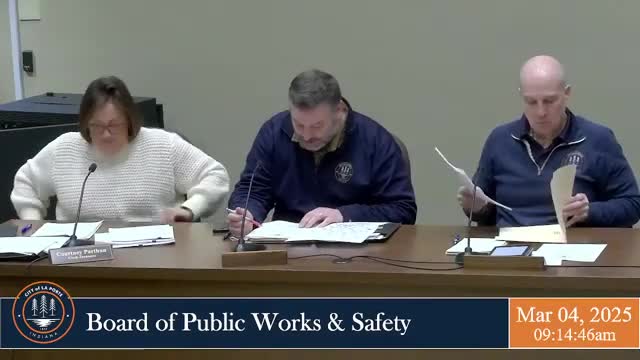Article not found
This article is no longer available. But don't worry—we've gathered other articles that discuss the same topic.
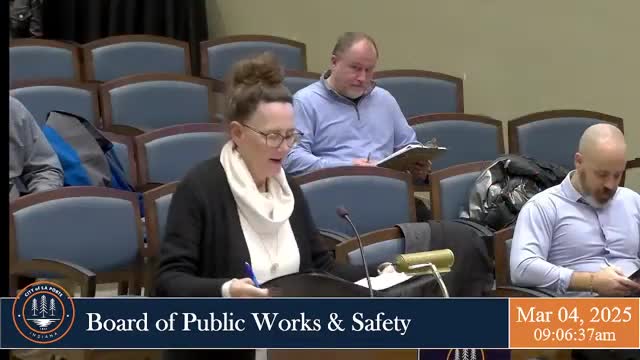
Council approves downtown Cruise Night route, organizers to coordinate with police
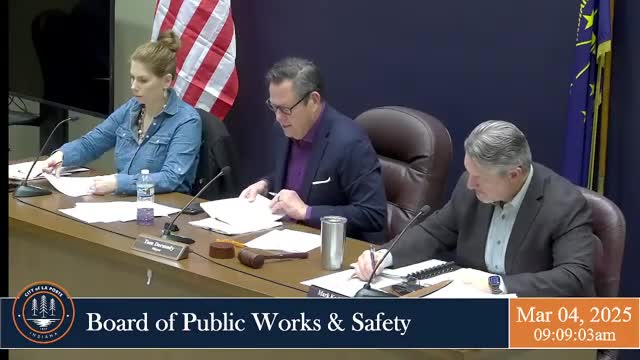
Council approves new K9 handler training; retiring police dog to appear at council
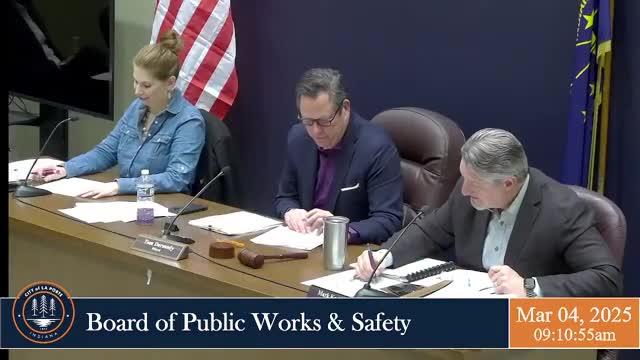
Council authorizes steps on 50% grant for two electric trucks and a utility vehicle, staff warns of reimbursement risk
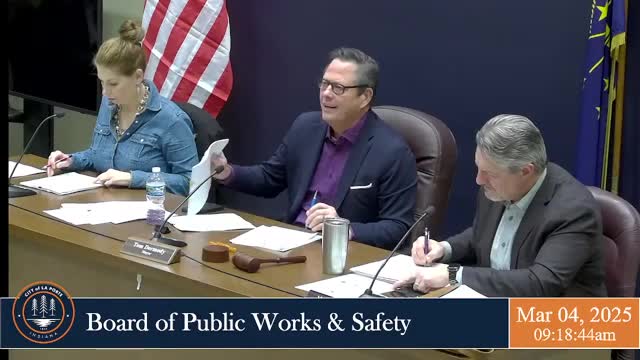
Council approves tree-removal plan, spring planting RFQ after discussion of public safety and replacement species
